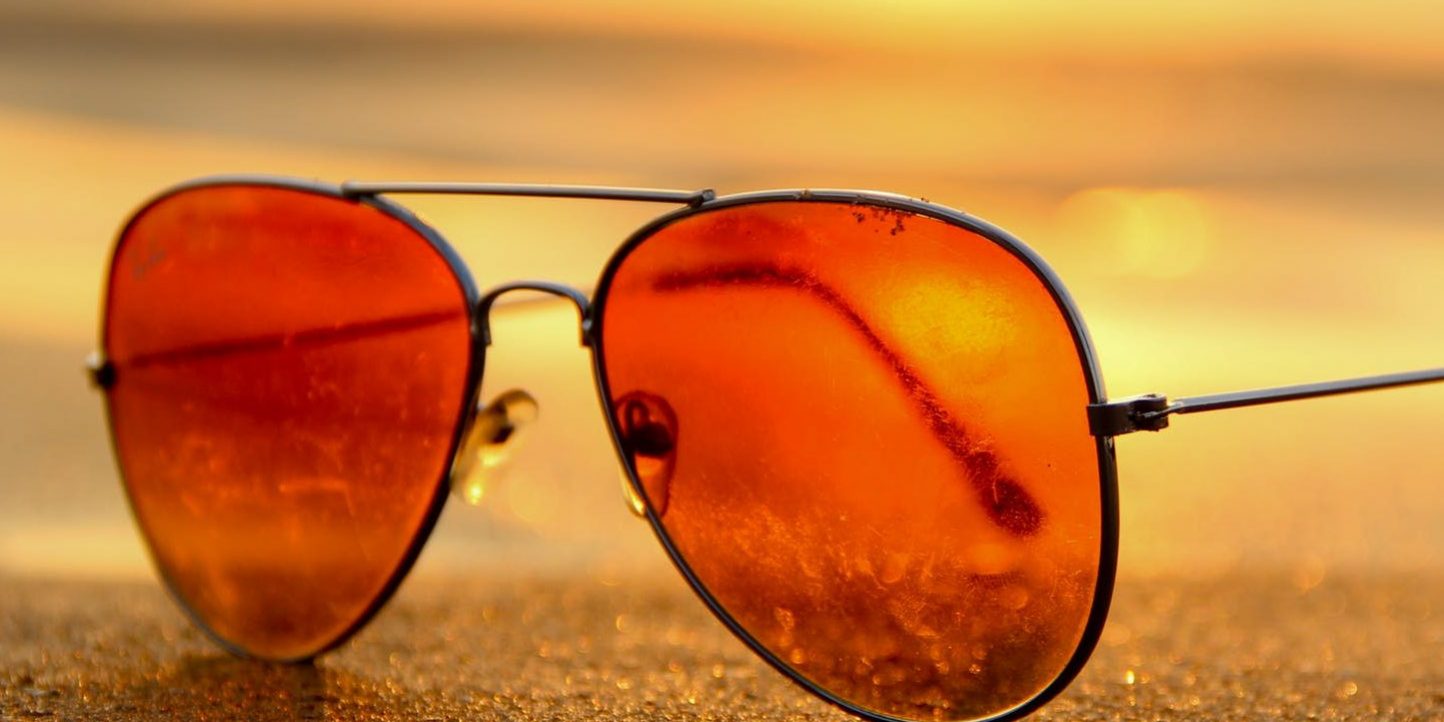Ultraviolet Awareness Month
Exposure to UV rays can burn delicate eye tissue and raise the risk of developing cataracts and cancers of the eye. It’s extremely important to make sure your eyes are protected while being out in the sun this summer. With the warm weather dragging everyone out of their houses, it is typical for people to spend long hours under the mid-day sun or in UV-intense conditions, whether it’s by the rivers, oceans, mountains, or even in your backyard. Long exposures to sun and UV rays can cause growths on the eye, such as ptergium. Ptergium is a growth of fleshy tissue that may start as a pinguecula. It can remain small or grow large enough to cover part of the cornea, and when this type of growth occurs, it can affect your vision. This type of eye growth is most likely to show up in our teens/twenties, especially in surfers, skiers, fishermen, and farmers.
Every time we are out in the sun without any eye protection, we increasing the risks of damage to our eyes that can possibly lead to serious disorders, such as cataract diseases and eye cancers. With young children and babies, we especially advise them to wear hats and sunglasses for this very reason. Following that, people of all ages should take precautions whenever they are outdoors; protect those eyes!
Nearsightedness in Kids
Did you know that children who spend more time outside exposed to daylight may reduce their risk of developing nearsightedness? Meaning that, not only is exercise great for eye health, but through research it now seems that getting that exercise while outside may be additionally beneficial as well. Taking your children to play outside may not only help lower their risk of nearsightedness, but also teaches them good habits for a lifetime of good eye health.
Good Moderation of Light
As we go to sleep at night, our eyes enjoy continuous lubrication as they work hard to clear out irritants such as dust, allergens or smoke that may have accumulated during the day. Some research suggests that light-sensitive cells in the eye are important to our ability to regulate wake-sleep cycles. This may be more critical as we age, when more people have problems with insomnia (a sleep disorder where people have trouble sleeping). While it is very important to protect our eyes from overexposure to UV light, our eyes also need minimal exposure to natural light every day. This day-to-day natural light exposure helps maintain normal sleep-wake cycles.
Tips to protect your eyes from the sun all year long:
- Sun damage to eyes can occur anytime during the year, not just in the summertime, so be sure to wear UV-blocking sunglasses and broad-brimmed hats whenever you’re outside.
- Don’t be fooled by clouds – the sun’s rays can pass through haze and thin clouds.
- Never look directly at the sun. Looking directly at the sun at any time, including during an eclipse, can lead to solar retinopathy, which is damage to the eye’s retina from solar radiation.
- Don’t forget the kids and older family members; everyone is at risk. This includes children and senior citizens. Protect their eyes with hats and sunglasses.







